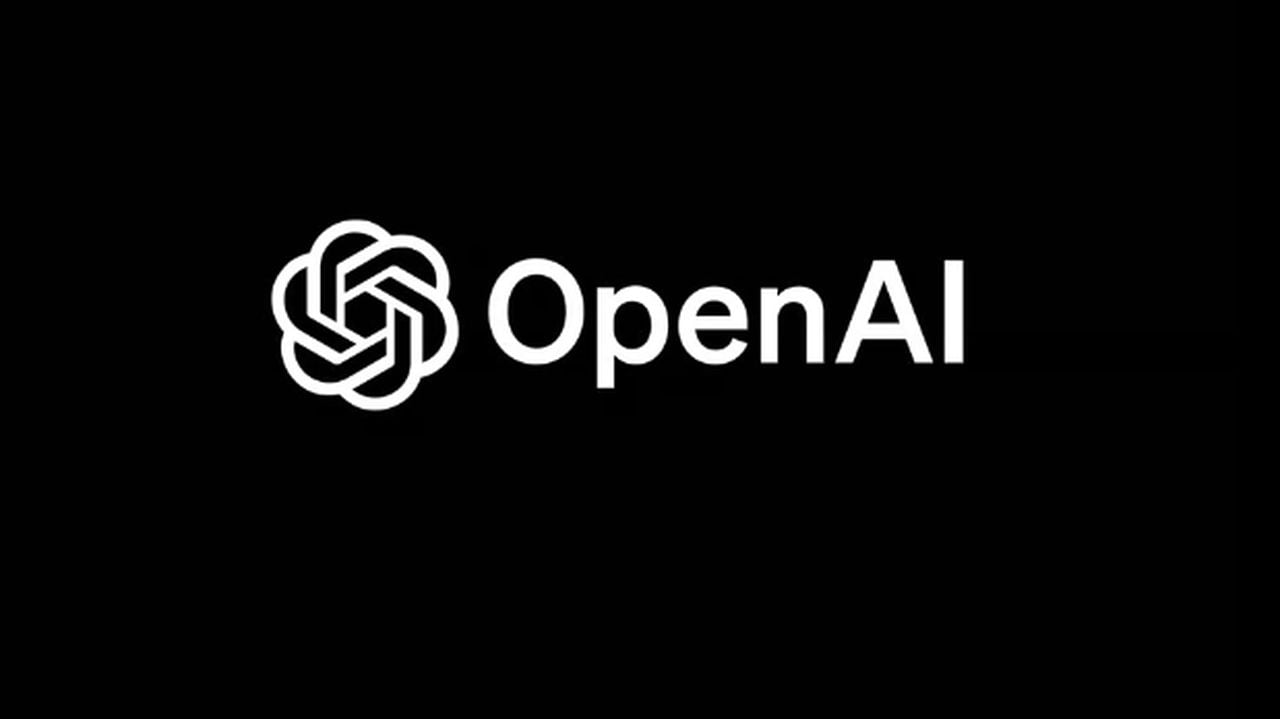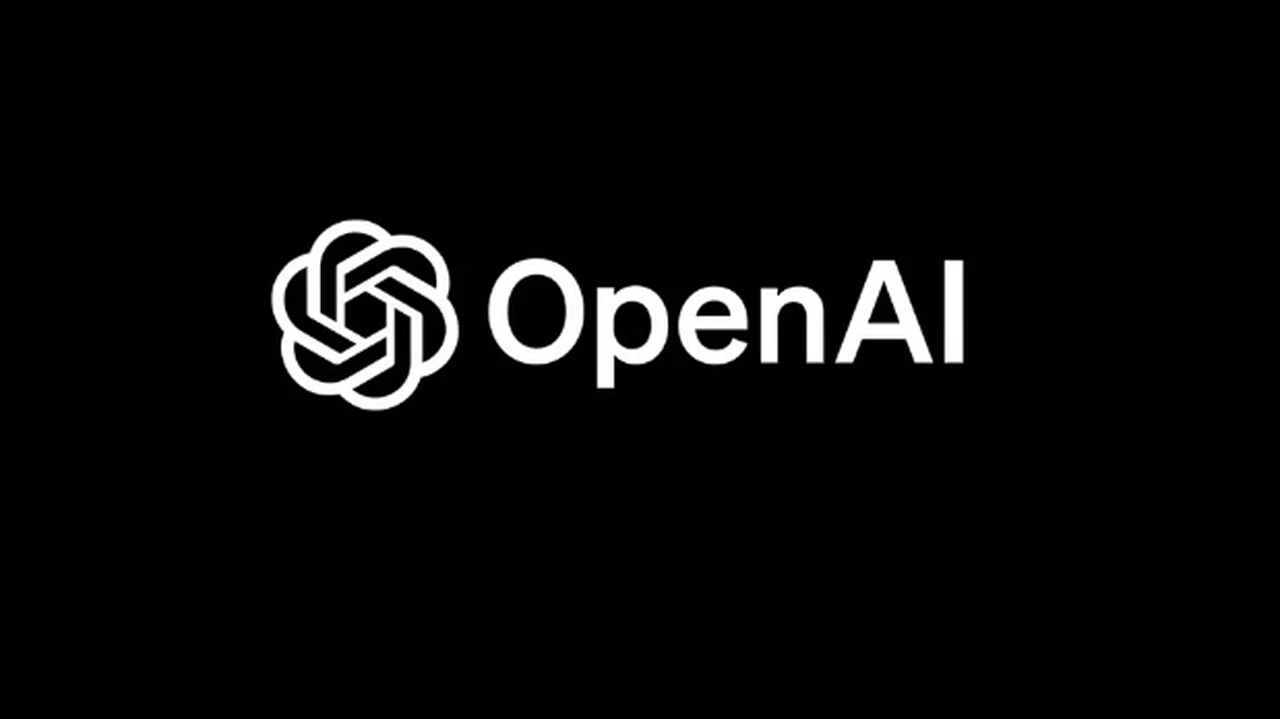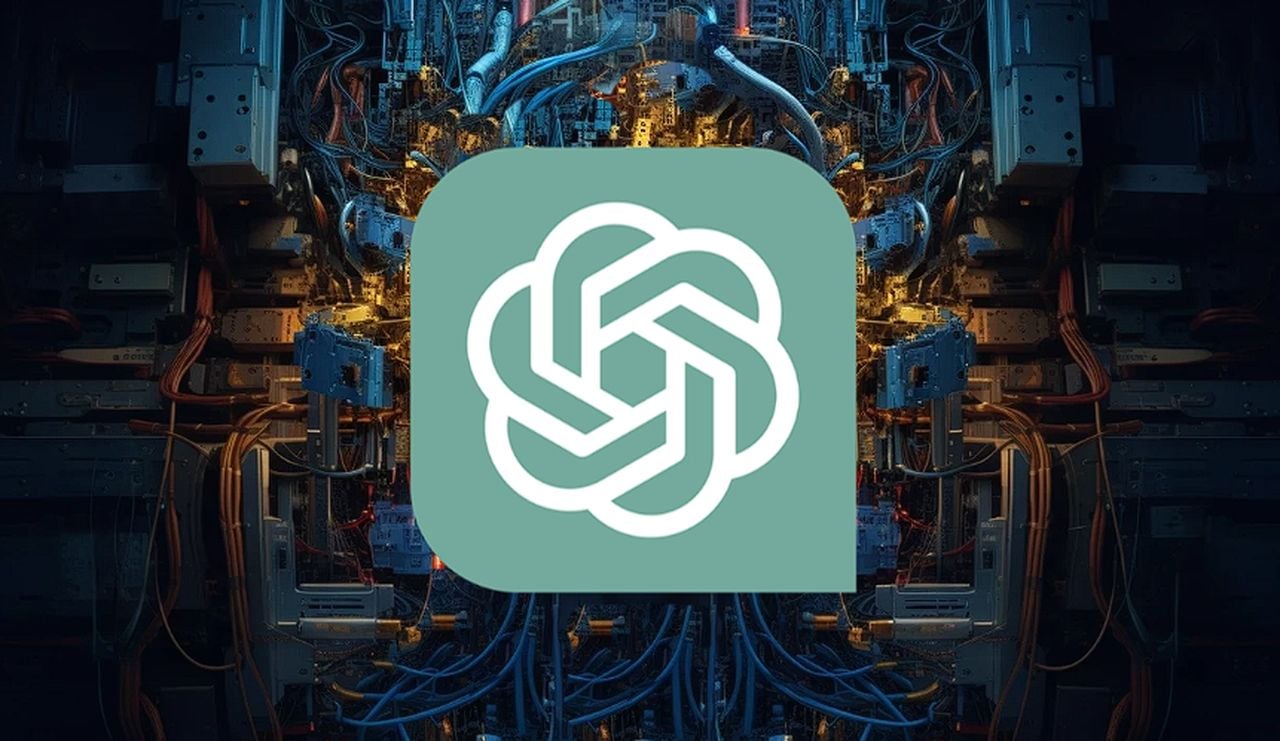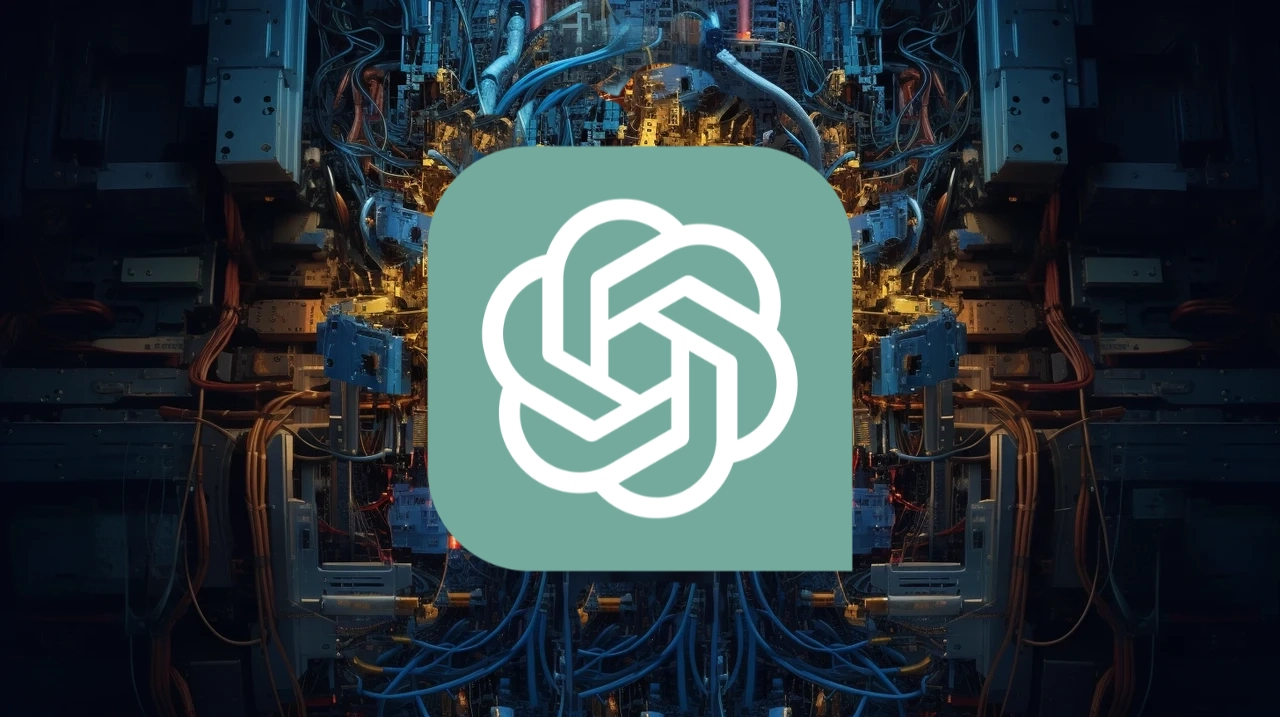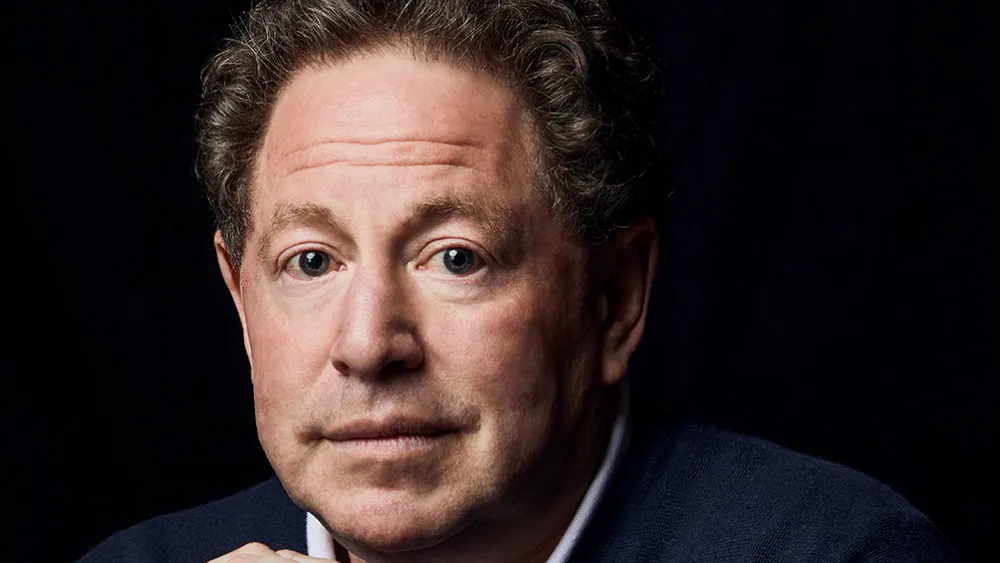
In the rapidly evolving world of technology, Microsoft has taken a bold step forward, with CEO Satya Nadella at the helm, charting a course for the company’s future in artificial intelligence (AI). Microsoft, a titan in the tech industry, has recently achieved a remarkable feat by overtaking Apple in market value, claiming the title of the world’s most valuable public company. This achievement is a testament to Microsoft’s relentless pursuit of innovation and its unwavering commitment to enhancing the capabilities of individuals and organizations across the globe.
Under Nadella’s leadership, Microsoft is not just riding the wave of AI; it is steering it. The company’s strategy is deeply rooted in the integration of AI into its vast array of products and services. A shining example of this is Microsoft’s collaboration with OpenAI, which has led to the creation of the Copilot tool. This innovative tool is designed to amplify productivity and foster creativity, positioning Microsoft as a leader in the AI domain. The company’s focus is not limited to technological advancements; it also encompasses the broader implications of AI, including its impact on political and social stability in the United States.
Microsoft CEO Nadella on the future of AI in 2024
The transformative potential of AI is immense, with the power to redefine user interfaces and reasoning engines, thereby revolutionizing entire software categories. Microsoft’s vision extends beyond the current smartphone era, with an eye on the future of AI-driven devices and interfaces. This forward-thinking approach suggests that Microsoft is not only interested in software but is also keen on pioneering hardware innovations to maintain its edge in the competitive tech landscape.
Here are some other articles you may find of interest on the subject of Microsoft and artificial intelligence :
Nadella’s personal interests, such as his fondness for cricket and its increasing popularity in the U.S., offer a glimpse into the intersection of global cultural trends and technology. This perspective underscores the CEO’s broader understanding of the role cultural dynamics play in shaping the tech industry. As Microsoft navigates the complex terrain of international business, particularly in markets like China, the company remains dedicated to supporting multinational enterprises and tapping into the global talent pool. Upholding intellectual property rights and adhering to regulatory standards are at the forefront of Microsoft’s agenda, especially in light of significant collaborations, such as the one with OpenAI.
Looking ahead to 2024, Microsoft, under Nadella’s strategic direction, is poised to fully embrace the flourishing AI landscape. The company is focused on developing innovative AI features that will not only empower users but also redefine the technological horizon. Microsoft’s commitment to growth extends to areas of personal interest and societal importance, signaling a new era of tech that is both advanced and attuned to the needs of the world.
Filed Under: Technology News, Top News
Latest timeswonderful Deals
Disclosure: Some of our articles include affiliate links. If you buy something through one of these links, timeswonderful may earn an affiliate commission. Learn about our Disclosure Policy.


